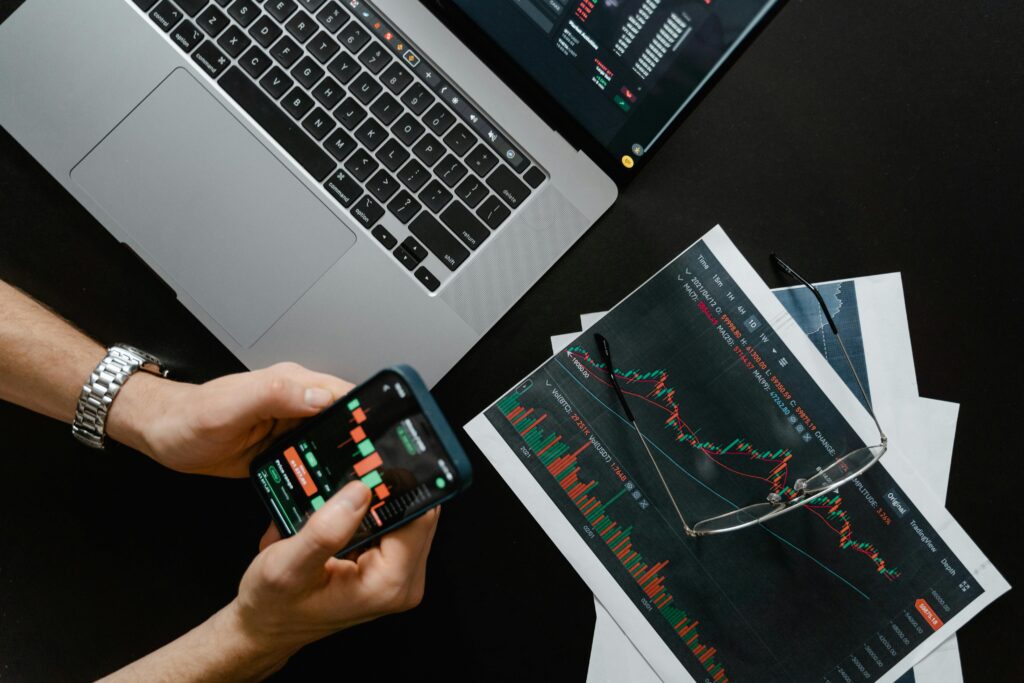Introduction
Forex trading can be a lucrative venture, but it requires a combination of techniques and skills to navigate successfully. Seasoned traders have honed their strategies over time, allowing them to thrive in the ever-changing forex market. In this blog post, we will delve into the 10 key strategies that all experienced forex traders use to stay ahead of the game.
I. Risk Management Techniques
Setting proper stop-loss orders is crucial in minimizing potential losses and protecting your investment. Position sizing helps to manage risks by determining the amount of capital to risk on each trade. Leverage can amplify profits, but it should be used judiciously to avoid excessive losses.
II. Technical Analysis Skills
Identifying key support and resistance levels is essential for determining entry and exit points. Understanding various chart patterns can provide valuable insights into market trends. Indicators such as moving averages and RSI can help traders spot potential opportunities.
III. Fundamental Analysis Insights
Economic indicators like GDP and inflation rates can impact currency values. Central bank policies, interest rates, and geopolitical events also play a significant role in forex trading. Keeping abreast of these factors is crucial for making informed trading decisions.
IV. Trading Psychology Secrets
Emotions like fear and greed can cloud judgment and lead to impulsive decisions. Developing a disciplined trading plan with specific rules can help traders stay focused. Patience and perseverance are key traits that can help traders weather market fluctuations.
V. Advanced Trading Strategies
Scalping involves making quick trades to exploit small price movements, while swing trading is more long-term oriented. Algorithmic trading systems use computer algorithms to execute trades automatically. Diversifying trading pairs and strategies can help reduce overall risk exposure.
VI. Conclusion
In conclusion, successful forex trading requires a holistic approach that combines effective risk management, technical and fundamental analysis, sound trading psychology, and advanced strategies. Constant learning and skill development are essential to adapt to the dynamic forex market and achieve long-term success.
VII. FAQs
- How much capital do I need to start forex trading?
Starting capital requirements vary, but most brokers allow traders to open accounts with as little as $100. - Is it possible to make a full-time income from forex trading?
While it is possible, it requires a high level of skill, discipline, and commitment to succeed in forex trading full-time. - What are the best resources for learning more about forex trading?
Online courses, books, webinars, and demo accounts are valuable resources for beginners and experienced traders looking to enhance their knowledge and skills.
By incorporating these key strategies into your trading routine, you can enhance your trading performance and increase your chances of success in the competitive forex market. Remember, consistency, continuous learning, and adaptability are the cornerstones of a successful forex trading career. Happy trading!

